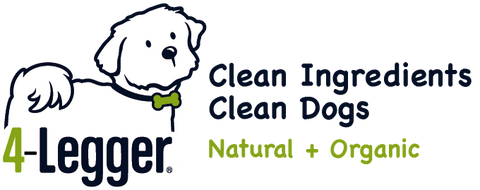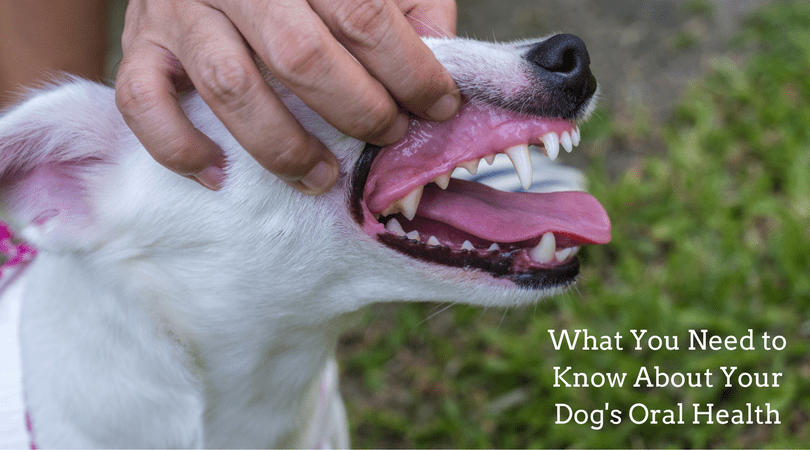What You Need to Know About Your Dog's Oral Health
What is the #1 most common, veterinarian-diagnosed issue in adult dogs and cats THAT IS ENTIRELY PREVENTABLE?
Answer: Periodontal disease.
Up to 80% of dogs over the age of 3 have periodontal disease.
Once your dog's teeth have tartar buildup you need to have a professional dental cleaning from a veterinarian. The two biggest barriers are money and the fact that subjecting your dog to anesthesia is scary.
If you don't take care of your dog's teeth it will cost you money over the long term trying to help your dog recover from the damage done by periodontal disease.
While only 1 in 100,000 animals have a reaction to anesthesia - if your dog has a pre-existing medical condition or is older, the risk goes up. Nobody wants to be the "1" in 100,000, but let's face it - that is pretty rare. It is actually more dangerous for your dog to ride in the car!
Side effects from anesthesia may include mild swelling, blood clots, seizures, eyesight issues, to anaphylactic shock. If not fasted properly before surgery, they may get sick resulting in aspiration pneumonia - a very serious respiratory condition.
A veterinary oral cleaning in the long term is safer than many of the "convenient" options on the market today like alcohol based gels that do kill bacteria but dry out the gums and can cause irritation.
How Does Oral Disease Start?
Periodontal disease begins when bacteria in the mouth form a substance called plaque that sticks to the surface of the teeth. Naturally occurring minerals in the saliva harden the plaque on the teeth into tartar. As plaque and tartar spread under the gum line, it sets in motion a cycle of damage to the supporting structures around the tooth - eventually leading to cavities and loss of the tooth.
Bacteria under the gum line secrete toxins and stimulates the immune system. Once the bacteria are between the gums and the bone - the periodontal space - your dog can lose bone, gums, and teeth. Your dog can get infections and even a fractured jaw bone from the breakdown of the bone.
What you don't see, the overgrowth of bacteria in your dog's mouth secrete a lot of toxins - too many for your dog's natural defenses to get rid of - which contribute to tissue damage that doesn't stay in the mouth. These toxins spread throughout your dog's body doing damage to their heart, lungs kidneys, and more.
While there are a lot of "quick fixes" to good oral care for your dog, the ingredients in these products cause their own set of issues.
Next week we'll explore these ingredients in a deep dive!
The gold standard for preventing oral disease is brushing your dog's teeth - not using alcohol based gels and sprays.
Dog's Like Routines
The good news is dogs like routines and the earlier they get started, the more your dog accepts them into their reality.
We incorporated tooth brushing into our daily routine. Every day after we brush our teeth, we brush theirs. Neither of our dogs like having their teeth brushed but they come into the bathroom on their own every night to have their teeth brushed because it is part of their nightly routine. The more consistent you are to establish a routine, the more compliant your dog will be to follow the routine.
Don't let your dog's bad breath be the warning sign that you need to be taking better care of their teeth!
Our Safe & Non-Toxic Toothpaste Alternative - Dental Powder!





